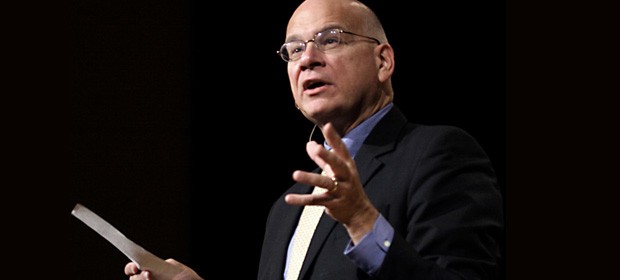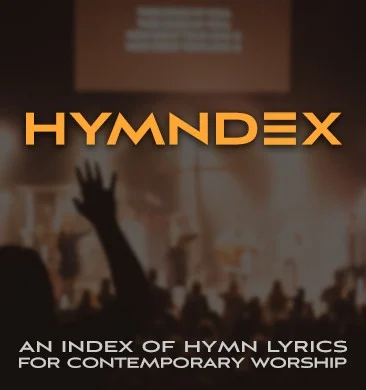Dr. Timothy Keller of Redeemer Church in New York City writes that worship isn’t just about honoring tradition or keeping up with culture, it’s about attracting nonbelievers through comprehensible worship and leading those people to personal commitment.
One of the basic features of church life in the United States today is the proliferation of worship and music forms. This in turn has caused many severe conflicts within both individual congregations and whole denominations. Most books and articles about recent worship trends tend to fall into one of two broad categories. Contemporary worship (CW) advocates often make rather sweeping statements, such as “Pipe organs and choirs will never reach people today.” Historic worship (HW) advocates often speak similarly about how incorrigibl y corrupt popular music and culture are and how they make contemporary worship completely unacceptable.
One CW advocate writes vividly that we must “plug in” our worship to three power sources: “the sound system, the Holy Spirit, and contemporary culture.” But several problems attend the promotion of strictly contemporary worship.
First, some popular music does have severe limitations for worship. Critics of popular culture argue that much of it is the product of mass-produced commercial interests. As such, it is often marked by sentimentality, a lack of artistry, sameness, and individualism in a way that traditional folk art was not. Second, when we ignore historic tradition, we break our solidarity with Christians of the past. Part of the richness of our identity as Christians is that we are saved into a historic people. An unwillingness to consult tradition is not in keeping with either Christian humility or Christian community. Nor is it a thoughtful response to the postmodern rootlessness that now leads so many to seek connection to ancient ways and peoples.
Finally, any worship that is strictly contemporary will quickly become dated. Also, it will necessarily be gauged to a narrow market niche. When Peter Wagner says we should “plug in” to contemporary culture, which contemporary culture does he mean—white, black, Latin, urban, suburban, boomer, or Gen X contemporary culture? Hidden (but not well!) in the argument of CW enthusiasts is the assumption that culture is basically neutral. Thus there is no reason why we cannot wholly adapt our worship to any particular cultural form. But worship that is not rooted in historic tradition will often lack the distance to critique and avoid the excesses and distorted sinful elements of the surrounding, present culture. For example, how can we harness contemporary Western culture’s accessibility and frankness but not its individualism and psychologizing of moral problems?





